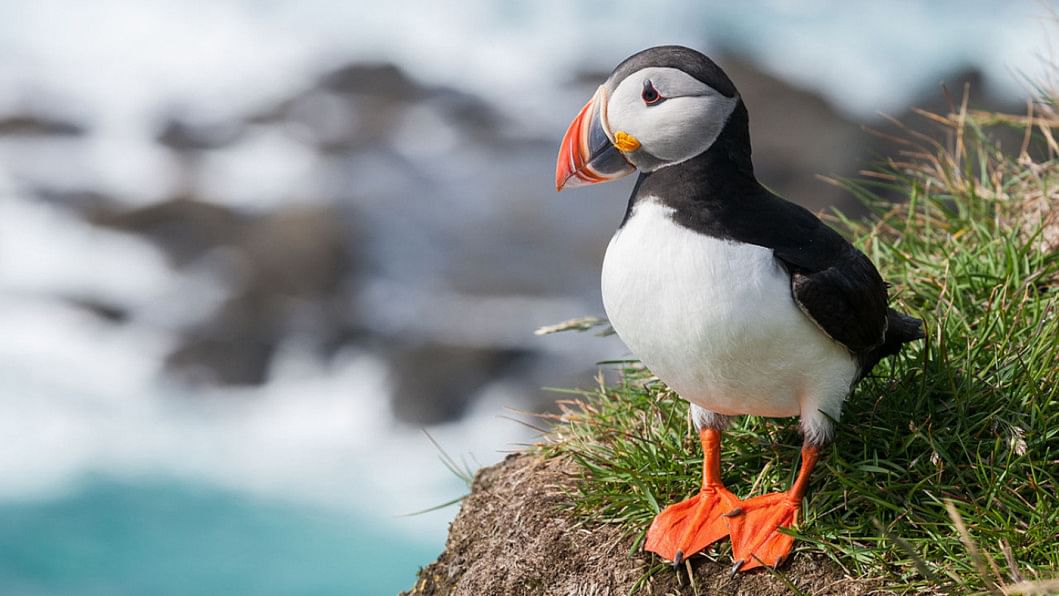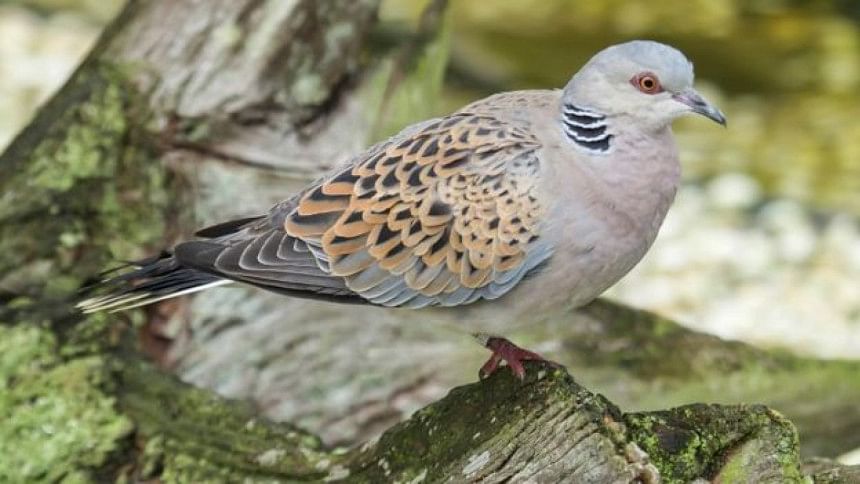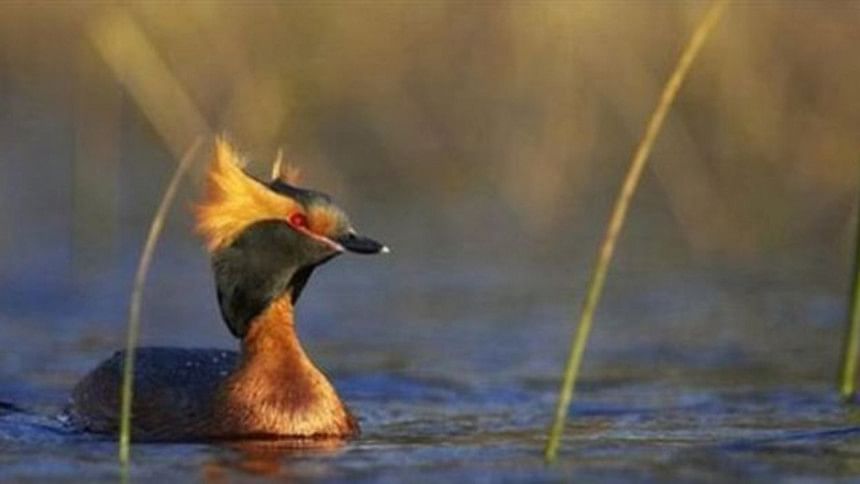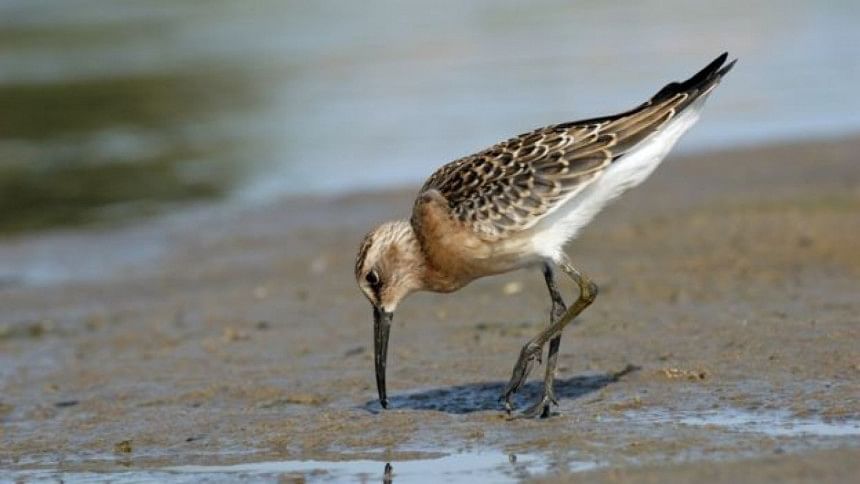4 UK bird species including puffins 'face extinction'

Puffins are among four UK bird species now at risk of extinction, according to the latest revision of a global conservation database.
Atlantic puffins, European turtle doves, Slavonian grebes and pochards are on the International Union for Conservation of Nature (IUCN) Red List of Threatened Species for birds.
This means the number of UK species on the critical list has doubled to eight.

Puffins are vulnerable to pollution and declining food sources, ecologists say.
Another 14 UK species are considered to be "near threatened".
'Erosion of wildlife'
Martin Harper, conservation director with the Royal Society for the Protection of Birds (RSPB), said the "global wave of extinction is now lapping at our shores".
"The erosion of the UK's wildlife is staggering and this is reinforced when you talk about puffin and turtle dove now facing the same level of extinction threat as African elephant and lion, and being more endangered than the humpback whale," he said.
Although the Atlantic puffin population is still in the millions, fewer young birds are surviving to breed.

Reasons include a recent decline in the population of puffins' prey, such as the sand eel, and vulnerability to pollution such as oil spills, according to advisory body the Joint Nature Conservation Committee.
They have been listed as vulnerable to extinction, the lowest of three categories behind critically endangered and endangered.
Shetland has been listed as the best destination for watching puffins, according to a National Geographic list of the top 10 places to see wildlife.
Unexplained decline
A decline in turtle dove numbers across Europe of more than 30% in the past 16 years has also made it vulnerable to extinction.

The decline in the UK has been particularly high, with more than nine out of every ten birds being lost since the 1970s, according to conservation group Birdlife.
This is partly due to an as yet unexplained decline in the number of breeding pairs, the RSPB believes.
The migratory species also flies over the Mediterranean where, especially in Malta, there is a tradition of spring shooting birds. The country recently rejected a ban on hunting birds in a referendum.
The decline in Slavonian grebes in the UK is in part down to a reduction in successful breeding pairs, although conservationists say specific reasons for this are unclear.

Hunting and habitat destruction are thought to be to blame for the reduction in pochard populations.
Other UK birds that have been added to the near-threatened list include oystercatchers, lapwings, the curlew sandpiper and bar-tailed godwit.
They join species already listed such as the black-tailed godwit and curlew.

 For all latest news, follow The Daily Star's Google News channel.
For all latest news, follow The Daily Star's Google News channel. 



Comments